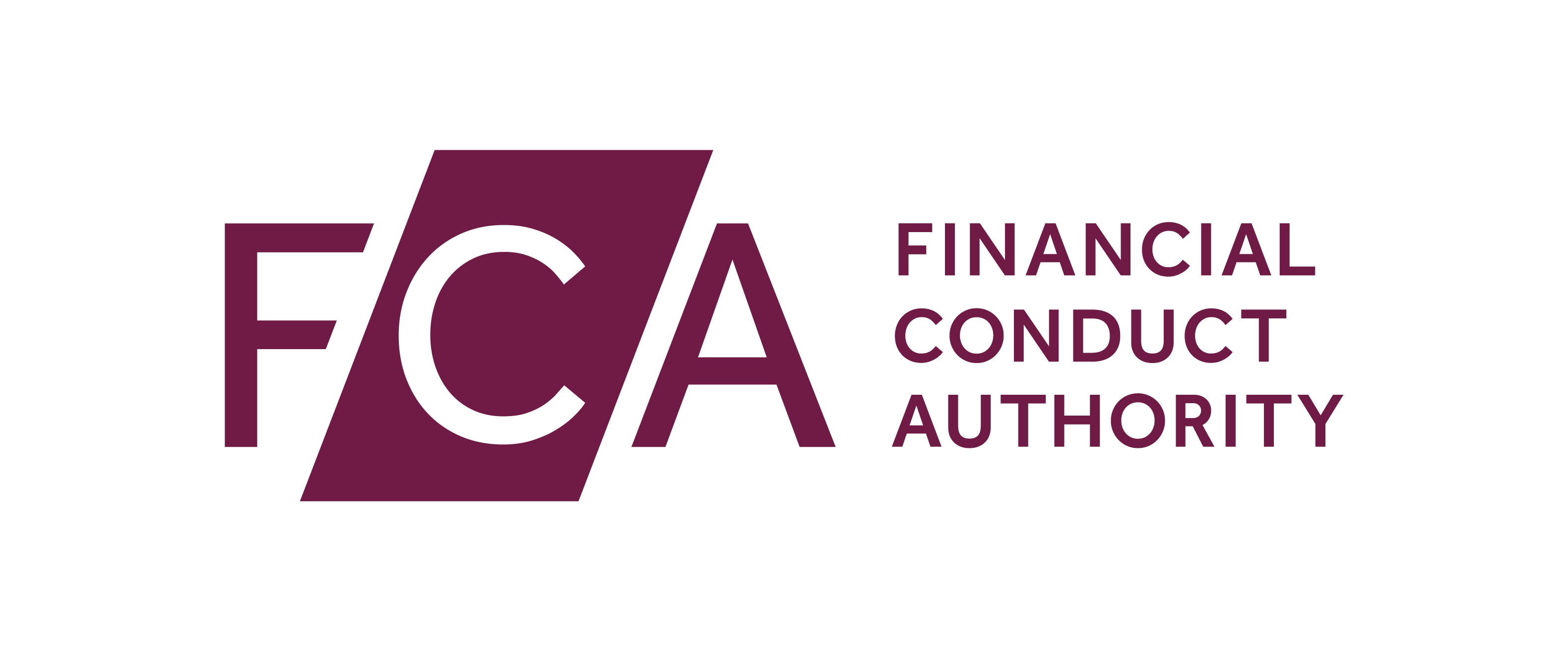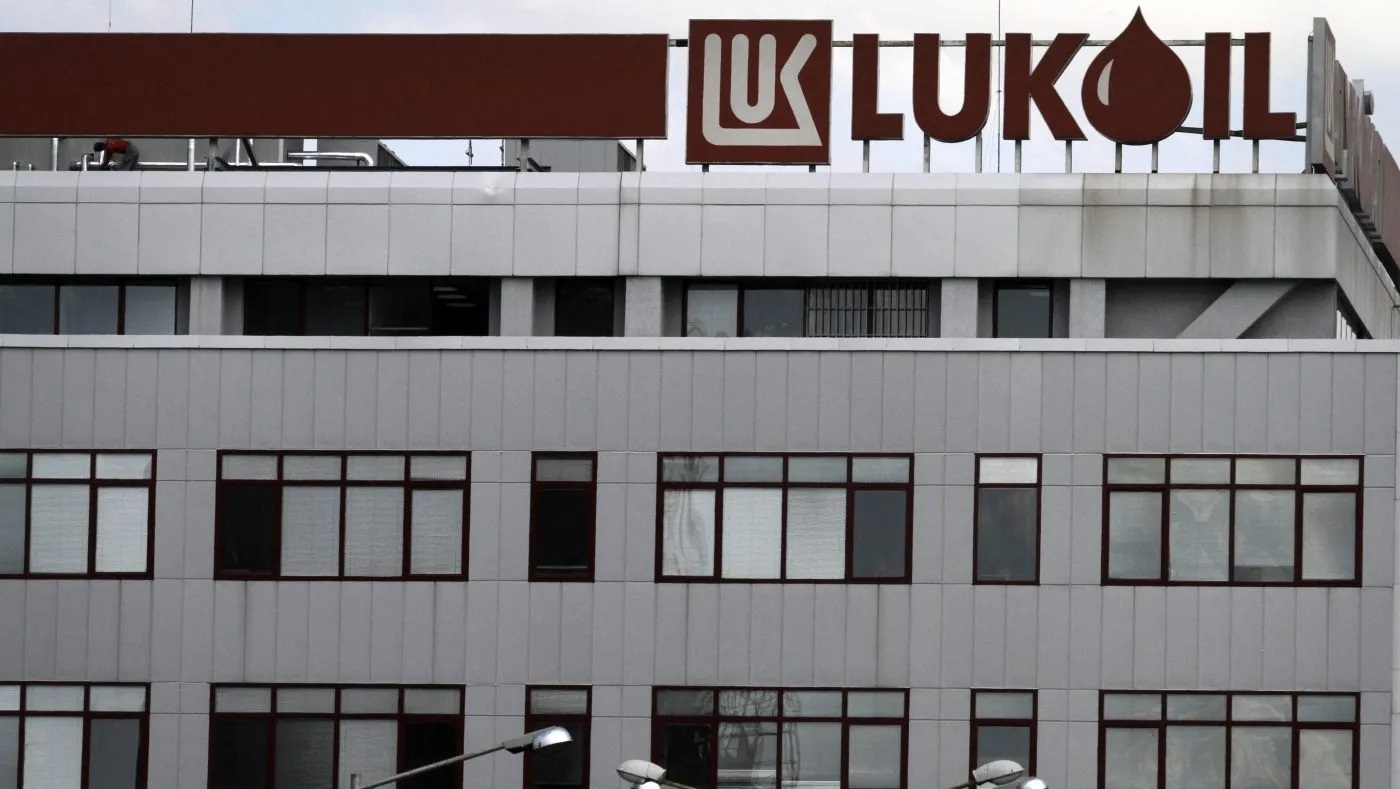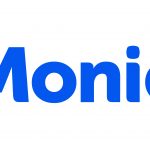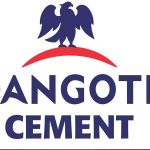Economy
How to Get FCA Authorization for Your Business: By Compliance Experts

Introduction
In the world of competitive and thriving markets, financial governance and clear regulations are essential. This helps protect the government and ensures to maintain reliability and trustworthiness.
As more businesses take the financial market, innovation can appear to prioritize other fundamental business considerations. The process can be too complex. Hence, many seek the help of professionals. This is where Financial Conduct Authority (FCA) compliance comes into the frame.
FCA compliance is a kind of reality check for businesses offering different financial services. It is responsible for regulating all the financial services in the UK.
This regulation helps the business with healthy competition in the market and increases the overall integrity of the financial services.
Today, we will discuss the FCA services and how you should prepare for FCA.
Who Need To Be FCA Approved?
While FCA is an important document to have, it is not necessary that every business will need one. Yes, every business can have one to solidify its credibility, but not every business will need one to operate.
Any business that intends to carry out activities specified by the Regulated Activities Order 2001 or Payment Service Regulation 2017 must obtain FCA.
Here are a few business operations that need to have FCA authorization. If your business has any one of them, then you would need FCA.
- Money institutions.
- Wholesale investment firms.
- Payment service institutions.
- Insurance intermediaries.
- Any financial services.
Generally, firms that are associated with regulated activities such as accepting deposits, issuing digital money, managing investments, or dealing in the trade market, need to be FCA authorized.

How Should You Prepare For FCA?
The FCA expects the firms to take the process seriously. They want companies to take into account that everything will meet the standard of FCA protocol. When a company applies for the FCA, FCA divides them into three categories.
- Ready
- Willing
- Organized
Ready
The FCA will consider an applicant READY if they have been preparing to submit the application. Here are the positive indicators you need to be aware of.
- Making inquiries of the FCA’s contact centre.
- Reading information from the FCA’s official website.
- Seeking legal compliance.
- Directing your regulatory obligations.
Willing
Once the phase of READY is offered, the FCA will consider the WILLINGNESS with these positive indicators.
- Being proactive in getting information on FCA.
- Be honest in your dealings with FCA.
- Demonstrating efforts to understand the FCA regulations.
- Availability of the staff to deal with inquiries.
Organized
The FCA considers you as ORGANIZED if you have prepared yourself with all the necessary documents for the applications. For instance, FCA might consider –
- The reason behind your application.
- What might act as a barrier to prevent you from doing what you have applied for?
- They see if you will be able to comply with the rules if you are authorized.

FCA’s Threshold Conditions
The FCA’s threshold conditions are set on a minimum requirement. If a business wants to be qualified for the FCA, it must meet these base minimums. Failing to meet these minimum requirements, your business will fail to achieve FCA.
The threshold conditions are as follows.
- Business model.
- Appropriate resources.
- Location of the office.
- Effective supervision.
- Suitability
After your application Is Submitted
After your application is submitted, FCA goes through the document to determine whether you meet the minimum requirement. The authorization is namely READY, WILLING, and ORGANIZED.
FCA expects the application to have all the necessary information about the business, business module, business operations, and everything to keep things transparent. This also helps the FCA determine the application and give consent.
After going through the application, if FCA feels like substantive changes need to be done, they can ask you to take back your application and make the necessary changes.
Finally, you must keep a close eye on your permission. The Financial Services Act 2021 allows FCA to modify your permission. This happens when FCA finds that you are not using your authorization properly or have diverted from out after getting the authorization.
So, avoid applying for the regulated activity that you won’t need. It will only add to your business complexities in the future. Instead, apply for FCA when you know everything about it.
How Long Does It Take To Obtain FCA?
The timeline for applying to the FCA and registration are set by the FCA. It is not a speedy process, as your business is evaluated on different levels. Depending on your business size, it can take six months or even a year.
So, instead of thinking about how to fasten the process, you must focus on preparing the right document and business modules.
Have queries? Drop them in the comment section. We will ensure every query is answered.
Economy
Russia’s Lukoil Agrees to Sell International Assets in Nigeria, Others to Carlyle

By Adedapo Adesanya
US sanctioned Russian oil giant Lukoil, will sell its foreign assets, including those in Nigeria and five other countries, to the US investment firm, The Carlyle Group.
According to an announcement on Thursday, Lukoil reached an agreement with the US investment firm on the sale of Lukoil International GmbH, the holding company that owns the group’s non-Russian international assets.
These foreign assets include shares in oil fields and refineries across the globe, including in Iraq, Azerbaijan, Egypt, the United Arab Emirates (UAE), Nigeria, and Mexico.
The sale follows the US sanctions on Lukoil and Rosneft, “as a result of Russia’s lack of serious commitment to a peace process to end the war in Ukraine.”
The Donald Trump administration in October 2025 had carried out the decision to put pressure on Russia’s state finances, adding the country’s two largest oil producers, Lukoil and Rosneft, to its blacklist of sanctioned entities. The US had initially given the oil firm one month to sell the holdings before gradually extending it as negotiations dragged on.
Lukoil had announced that same month that it would sell all of its international assets, initiating a formal process to receive bids from potential buyers.
After months of negotiations with potential buyers and one preliminary agreement with Gunvor blocked by the US Treasury, which described the trading group as “the Kremlin’s puppet”, it has now signed an agreement to sell Lukoil International GmbH to Carlyle.
Companies working with the sanctioned firms risk secondary sanctions that would deny them access to US banks, traders, transporters, and insurers.
The agreement is not exclusive and is subject to conditions such as the procurement of necessary regulatory approvals, including permission from the US Department of the Treasury’s Office of Foreign Assets Control (OFAC) for the transaction with Carlyle.
Carlyle said that the agreement “has been structured to be fully compliant” with US Treasury policies and that it was “conditional upon Carlyle’s due diligence and regulatory approvals”.
Prior to the Carlyle news, other US oil and gas supermajors Chevron and ExxonMobil, and International Holding Company (IHC) of Abu Dhabi expressed interest to the US Treasury to potentially acquire Lukoil’s international assets.
The sale would further dent Russian economy which has been struggling because of its war in Ukraine and Western sanctions have increased inflation and slowed economic growth. In 2025, the country’s oil and gas revenues, which make up about a quarter of government income and help fund the war, fell to their lowest level in five years.
Economy
Eyesan Assures Investors of Transparency, Merit in Oil Licensing Bid

By Adedapo Adesanya
The chief executive of the Nigerian Upstream Petroleum Regulatory Commission (NUPRC), Mrs Oritsemeyiwa Eyesan, has assured investors of a transparent, merit-based and competitive process for Nigeria’s 2025 oil and gas licensing round.
Mrs Eyesan, gave the assurance on Wednesday while speaking at a Pre-Bid Webinar organised by the commission, noting that only applicants with strong technical, financial credentials, professionalism and credible plans would proceed to the critical stage of the bidding process.
The NUPRC in December 1, 2025 inaugurated Nigeria’s 2025 Licensing Bid Round, offering 50 oil and gas blocks across frontier, onshore, shallow water, and deepwater terrains for potential investors.
The basins included Niger Delta basin, with 35 blocks, Benin (Frontier) with three blocks, Anambra (Frontier), with four blocks, Benue (Frontier), with four blocks and Chad (Frontier) with four blocks on offer.
Mrs Eyesan explained that the licensing process would follow five stages: Registration and pre-qualification, data acquisition, technical bid submission, evaluation, and a commercial bid conference, with only bidders that meet strong technical and financial criteria progressing.
The NUPRC executive said the 2025 Licensing Round represented a deliberate effort by Nigeria to reposition its upstream petroleum sector for long-term investment, transparency, and value creation, amid increasing global competition for capital.
She said that energy security and supply resilience had become key global economic and geopolitical priorities, while investment capital was increasingly selective and disciplined.
“Our national priority is clear: to attract capital, grow reserves, and improve production in a responsible and sustainable manner.
“A structured and transparent licensing round is essential to achieving these objectives.
“The NUPRC is legally mandated to conduct licensing rounds in a periodic, open, transparent, and fully competitive manner and the entire 2025 process will be governed strictly by published rules,” she said.
The official further revealed that, with the approval of President Bola Tinubu, signature bonuses for the 2025 round have been set within a range designed to lower entry barriers and prioritise technical capability, credible work programmes, financial strength, and speed to production.
She emphasised that the bid process will fully comply with the Petroleum Industry Act (PIA) and remain open to public and institutional scrutiny through the Nigeria Extractive Industries Transparency Initiative (NEITI) and other oversight agencies.
Economy
Afriland Properties, Three Others Weaken NASD Exchange by 0.06%

By Adedapo Adesanya
Four price losers weakened the NASD Over-the-Counter (OTC) Securities Exchange by 0.06 per cent on Wednesday, January 28.
The decliners were led by Afriland Properties Plc, which lost N1.53 to close at N14.50 per share compared with the previous day’s N16.03 per share, Geo-Fluids Plc dropped 50 Kobo to end at N6.35 per unit versus Tuesday’s price of N6.85 per unit, Central Securities Clearing System (CSCS) Plc declined by 35 Kobo to N40.15 per share from N40.50 per share, and Food Concepts Plc decreased by 28 Kobo to sell at N2.72 per unit versus N3.00 per unit.
As a result, the market capitalisation of the bourse went down by N1.3 billion to N2.173 trillion from the N2.174 trillion it ended a day earlier, and the NASD Unlisted Security Index (NSI) fell by 2.17 points to 3,632.56 points from Tuesday’s 3,634.73 points.
In the midst of the profit-taking, some securities witnessed bargain-hunting, with Nipco Plc gaining N22.00 to close at N242.00 per share versus N220.00 per share of the previous session, FrieslandCampina Wamco Nigeria Plc improved by N4.00 to N68.00 per unit from N64.00 per unit, and Acorn Petroleum Plc added 8 Kobo to finish at N1.38 per share versus N1.30 per share.
At midweek, the volume of securities transacted by the market participants surged by 259.9 per cent to 4.7 million units from 1.3 million units, but the value of securities went down by 8.6 per cent to N52.4 million from N57.3 million and the number of deals shrank by 15.8 per cent to 32 deals from 38 deals.
CSCS Plc remained the most traded stock by value (year-to-date) with 15.3 million units exchanged for N622.4 million, followed by FrieslandCampina Wamco Nigeria Plc with 1.6 million units valued at N108.4 million, and Geo-Fluids Plc with 8.9 million units worth N60.3 million.
CSCS Plc was also the most traded stock by volume (year-to-date) with 15.3 million units sold for N622.4 million, followed by Geo-Fluids Plc with 8.9 million units exchanged for N60.3 million, and Mass Telecom Innovation Plc with 8.4 million units traded for N3.4 million.
-

 Feature/OPED6 years ago
Feature/OPED6 years agoDavos was Different this year
-
Travel/Tourism9 years ago
Lagos Seals Western Lodge Hotel In Ikorodu
-

 Showbiz3 years ago
Showbiz3 years agoEstranged Lover Releases Videos of Empress Njamah Bathing
-

 Banking8 years ago
Banking8 years agoSort Codes of GTBank Branches in Nigeria
-

 Economy3 years ago
Economy3 years agoSubsidy Removal: CNG at N130 Per Litre Cheaper Than Petrol—IPMAN
-

 Banking3 years ago
Banking3 years agoSort Codes of UBA Branches in Nigeria
-

 Banking3 years ago
Banking3 years agoFirst Bank Announces Planned Downtime
-

 Sports3 years ago
Sports3 years agoHighest Paid Nigerian Footballer – How Much Do Nigerian Footballers Earn



















